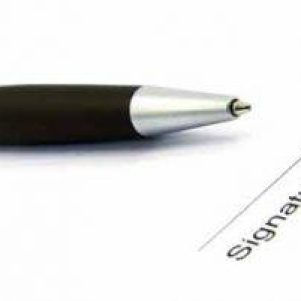Unlike most legal proceedings in Spain, in advertising disputes, preliminary measures such as injunctions to advertising, are largely allowable. Article 26 of The General Advertising Law of Spain imposes a duty to give notice to the entity that is in the process of executing an illegal advertising campaign, but this duty is not enforced when the claim concerns damage to the collective interest of consumers due to the advertisement. Law 29/2009 states that one may take action against such illicit publicity. Article 32 of this law sets out the entire process that will ensue once there has been an act of illegal advertising.
Regarding claims for relief, The General Advertisement law in Spain does not provide claims for damages, which may be retained under the provisions of the Spanish Civil Code. Claims for relief are also available under Article 32 of Law 29/2009.
The following special measures may be ordered under judgements:
- correction of the advertisement to restore things to the way they were before, provided that the injury is sufficiently extensive;
- final prohibitions of advertising;
- full or partial publication of judgements at the expense of the advertiser;
- deadlines to cease and desist from unfair advertising;
- compensation for the damages caused by the unfair behaviour, whether it was deliberate or neglectful;
- claims for unfair enrichment, which only applies when the unfair conduct injured a person in a protected legal position or comparable economic context.
The Spanish courts set the deadlines, content, and arrangement of these measures.
Law 6/1985 of 1 July 1985, regulates the functioning, constitution, and organization of the courts and tribunals in Spain. However, alternate dispute resolution (ADR), as governed by Law 60/2003 of 23 December 2003, is gradually being used more. This statute allows companies as well as individuals to become party to agreements, which are submitted to one or several arbitrators, regarding any disputes that may have arisen or may, in the future, arise on matters that are not subject to legal restrictions.
There is no specific law that governs alternative dispute resolution in regards to conflicts about advertisements. The Rules of Procedure for Doman Name Dispute Resolution under the country code corresponding to Spain governs ADR in Spain. When conducting ADR, several principles must be followed, including: impartiality, objectivity, independence, and transparency.
Regarding the costs and amount to be paid in an ADR dispute: the persons that must be paid in a legal proceeding are the lawyer, the procurator as well as the court (who asks for a fee).
There is no law that sets a fixed amount that one must pay when beginning legal proceedings. However, there is a guide that lawyers may use, at their own discretion, to calculate the costs clients must pay. This guide, called the `Criteria made by the governing board’, contains a table that calculates the cost to a client based on the cost of the judicial proceedings.
Regarding who must pay the legal costs, the most common rule is that the losing party must pay the cost of the legal proceedings. Nevertheless, when the court makes a relatively unsure decision, the court will require that each party pay its own half.
Justine Matthys & Karl H. Lincke
If you need additional information,





